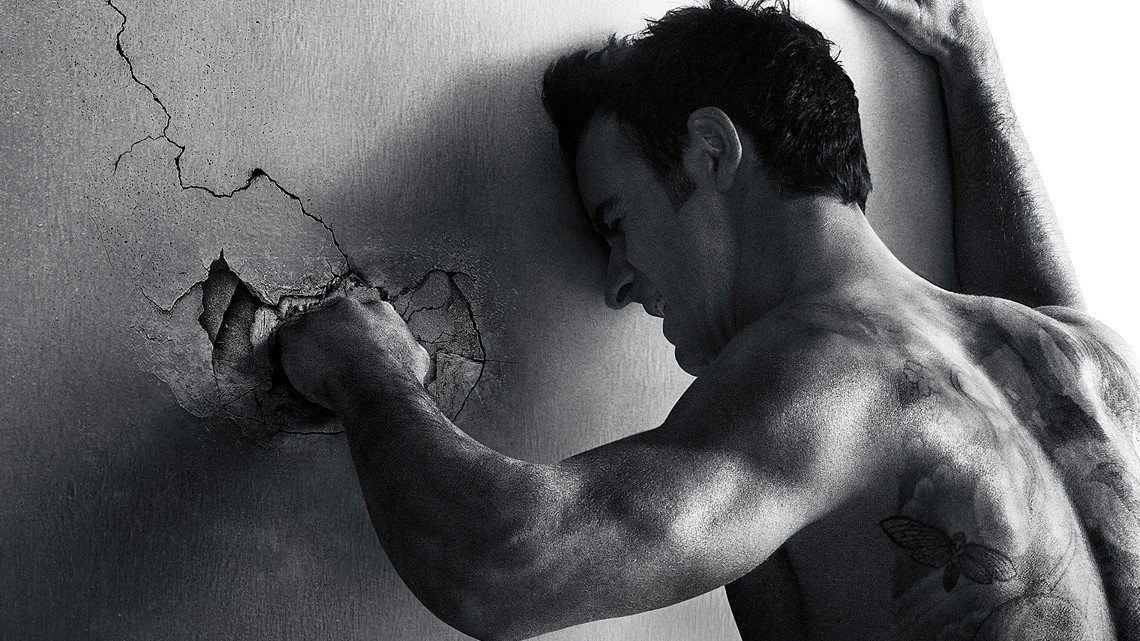The Leftovers Series blog: Episode 1
Adapted from Tom Perrotta’s 2011 novel of the same name, HBO’s new import The Leftovers follows a world left dumbfounded after 2% of its population disappears instantaneously in a Rapture-like event. Finally reaching UK screens after its initial run has already aired in the States, the show constitutes a belated return to television for Lost co-creator and writer Damon Lindelof after spending much of the last decade working in Hollywood.
Receiving a less than stellar critical reception whilst there, the writer was often accused of forcing ambiguity in his work in order to create viable mysteries and plots twists that ultimately raised more questions than they answered. Luckily then, The Leftovers would seek to rectify this in its own storytelling by jumping forward in time to three years after the initial event, in a manner that foregrounds its characters over any inherent mystery.
It is made almost immediately clear that the nature of the Sudden Departure isn’t so important as the new status quo it has created. Revealed in the cold opening, it all occurs in a surprisingly understated fashion: no great flash of light, just an empty car rolling serenely down the street and some bewildered looking people. Compare this to the unmanned planes falling out of the sky in something like Flashforward or the more clearly post-apocalyptic nature of the world in something like Revolution or Jericho, where the central conceit has an immediately apparent, visceral impact. The Leftovers isn’t above more bombastic displays as made apparent later in the episode, but these all occur post-disappearance.
As such, Lindelof and original author Tom Perrotta, who receives co-credit for the writing of the pilot, position the show very early on as one that will live and die by its characters. Choosing to focus primarily on the Garvey family, the work done here is of the foundational kind, creating the broad strokes of these characters without truly investing us in their plights yet. Dad Kevin Garvey (Justin Theroux) is the local police chief, and head of one hell of a splintered family. None of them have disappeared it would seem, but each has reacted in the event’s aftermath with varying degrees of extremity. Kevin is the atypical damaged man with a reactive streak, volatile if well meaning. Daughter Jill (Margaret Qualley) is cut a little too clearly from the jaded, cynical teen cloth, a withdrawn character that gets stoned behind the school gym and attends high school parties in order to avoid coming to terms with what has happened.
More interesting in their circumstances are Tom (Chris Zylka) and Laurie (Amy Brenneman), Kevin’s estranged son and wife and each a member of their own peculiar cult. Tom follows a seemingly dangerous spiritual leader known as Holy Wayne, whilst Laurie is a member of the altogether more intriguing Guilty Remnant, a group in all-white that watch silently over those that remain, characterised by a chain-smoking habit that suggests at some sort of collective death drive.
With a constant background presence of radio discussion and media debates, the potentially heavy-handed debate of science vs. faith in the face of such an inexplicable occurrence remains present if largely put on the backburner. Audience and character alike are left to ponder the possibility of whether the departed were chosen for a particular reason (if they were chosen at all), a narrative thread that will undoubtedly be picked up on in the tale of the two cults. Interestingly, some of the better-known actors in the ensemble form a much smaller presence in the pilot, namely Liv Tyler and Christopher Eccleston.
Having familiarised us with the characters, the show begins to grow a little bolder in its movements as it establishes the darker places it will likely go to as a HBO program. If The Leftovers succeeds at anything in its opening scenes, it is in establishing a level of disconnection between its characters and the world around them, stunted in their emotional growth by the vast sense of loss that everyone has experienced. It comes as some surprise then when the show begins to oscillate between this and a very different mode of storytelling.
Bursts of violent energy pepper the episode with tiny instances of hysteria – a playground brawl, a crazed man running nude, vicious suicides. This pent-up emotion finds an extended outlet in the high school party that Jill attends, with the camera work and editing becoming a little overheated and jarring. The stilted nature of everyone’s grief momentarily bursts through here in a libidinal release of sex, pain, and baser instincts. It’s not so much catharsis as an extreme form of distraction.
Such moments of release are temporary, as the show continues to return to its initially subdued, almost shell-shocked atmosphere. The tonal disparity between the climate of denial and repressed self-hate that each character lives under and the sudden outbursts of emotion they experience makes it hard to invest too much this early on. The world is sort of frozen in place at this point, but it feels very much like a dam ready to burst as the mysteries and character work already laid down in this effective if foundational pilot make way for more exciting installments in the future.


Comments